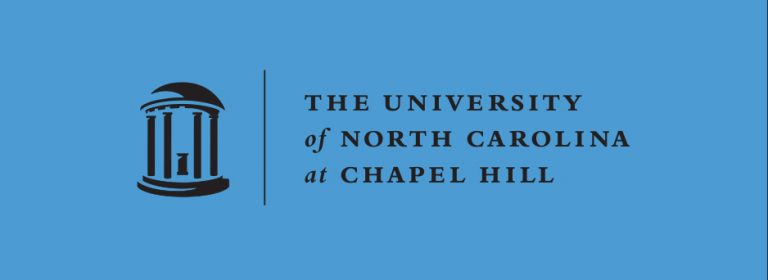Conservation Social Science Research and Outreach
Dr. Allred's research and outreach programs at the University of North Carolina at Chapel Hill focuses on understanding human attitudes, motivations, and behavior related to natural resource conservation and management. Her main interests center on how social science can facilitate community-based approaches to planning and management while enhancing the resilience and sustainability of communities both locally and abroad.


